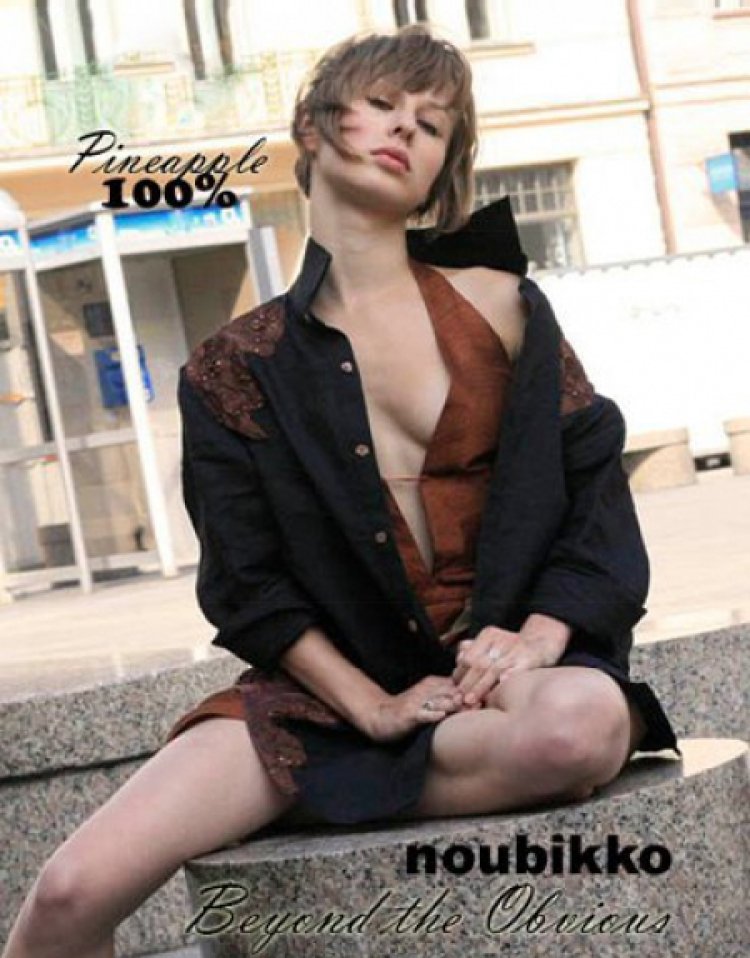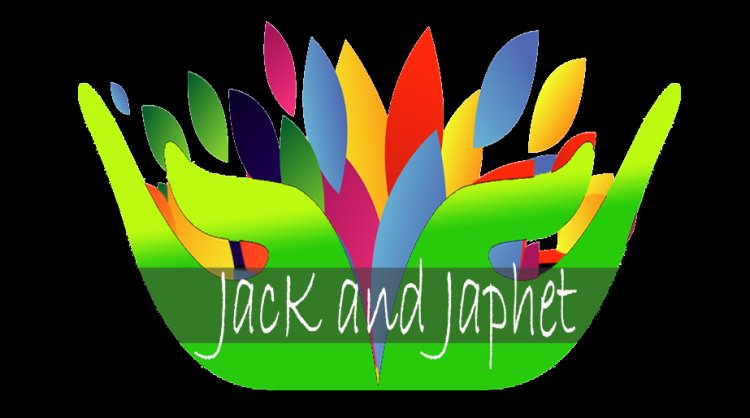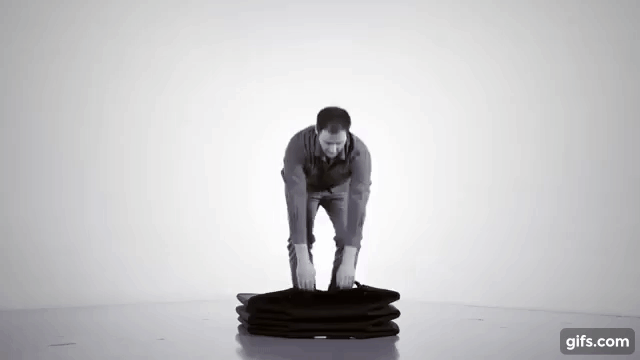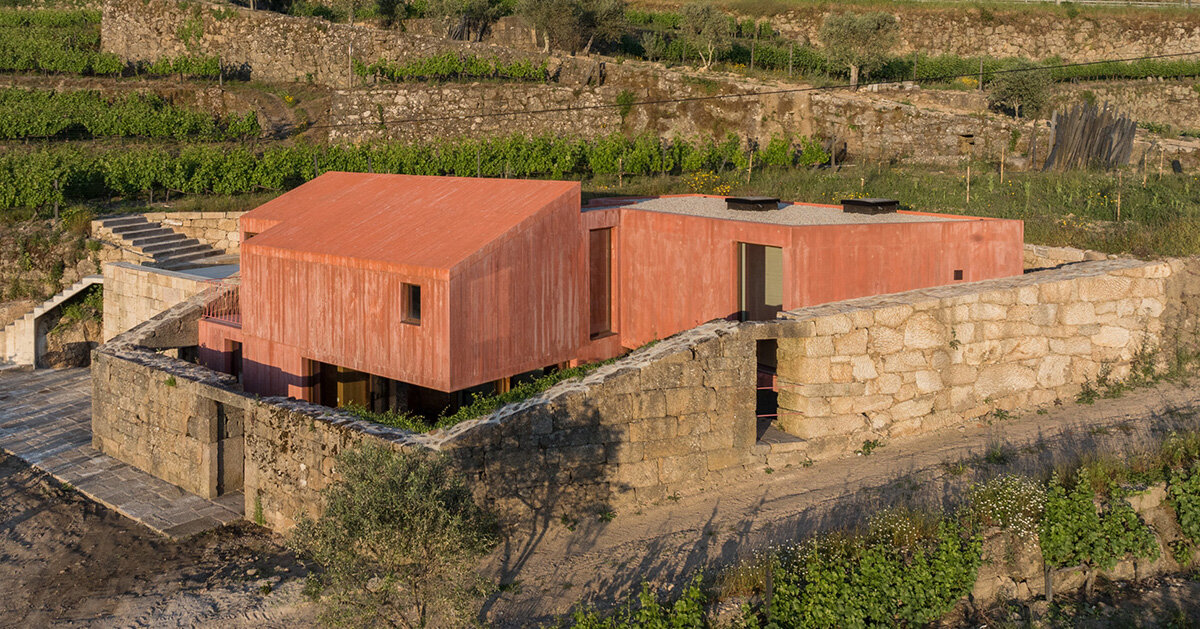Danielle Smith won the support of the United Conservative Party. Can she win over Alberta?
CALGARY—After five months of public sparring gave way to a tense six-ballot showdown that determined Danielle Smith will be the next premier of Alberta, Brian Jean, one of the candidates she defeated, expressed some cautious optimism. Standing in front of a long table of media who were typing frantically to get out the news, he expressed hope that Smith might be able to knit the party back together again, but focusing on those things that “bring us together.”The United Conservatives, who have been defined arguably as much by their lack of unity since the party’s founding in 2019, chose a new leader Thursday night, months after the embattled Jason Kenney announced he was stepping down following a lukewarm result in a leadership review. Now, one of his biggest critics will take up his unaccomplished task, and try to get the governing party to work together once more. Smith is a markedly different flavour of conservative than Kenney. A former leader of a grassroots rightwing party known as the Wildrose, she is described more as a libertarian, and has questioned pandemic public health measures, touted questionable science and taken aim at the bureaucracy.Her political identity rests on raging against Ottawa and championing the fringe voices she says go unheard. The question now, can she get the mainstream on board?Jean, another longtime Kenney rival, was pressed by a reporter about some of her more controversial promises — namely the proposed Sovereignty Act, which Smith says would allow the province to ignore federal laws deemed un-Albertan — which was criticized not only by most of her opponents, but by Kenney himself, who called it “dangerous” and “half-baked.” But Jean seemed unconcerned: “Have you ever seen a leadership race that didn’t water down afterwards?” The remark speaks to what has long been an assumption about political campaigns; that candidates play up their ideological side when vying for a job as party leader, only to soften their tone in hopes of enticing more middle-of-the-road voters when it comes time for a general election. If there’s an argument for Smith doing so, it’s that, party win aside, the average Albertan may remain skeptical of her politics. Calgary pollster Janet Brown has said that Smith and other leadership candidates’ intense focus on freedom and sovereignty has been alienating to the average person, who is more worried about things like inflation and health care. “This leadership race, I think, is probably doing some serious damage to the UCP brand,” she said in an interview with Global’s The West Block earlier this month. Nor was Smith’s victory a slam dunk, suggesting that her support even within her own party isn’t overwhelming. Smith’s win has drawn comparisons to that of Pierre Poilievre, but her victory fell short of the decisive mandate — with 68 per cent support — that the newly minted federal leader got last month.She got 41 per cent on the first ballot and ended up eventually with just 54 per cent of the votes, but in a ranked ballot system in which losing candidates were progressively knocked off and their votes redistributed to others, it took six ballots to get her there.While the rules for choosing and reviewing leaders are different, many observers have pointed out that Kenney stepped down when he got just a few percentage points less in a leadership review.“I don’t think that the rest of the country should assume that Danielle Smith stands in for mainstream or centrist opinion in Alberta,” says Laurie Adkin, a political science professor at the University of Alberta. Adkin points out that Smith has yet to pass the test of a general election.“Whether or not she will be able to get a majority in an election next year I think has to do with the extent to which she’s able to persuade centrist voters that she’s not as extreme as she is.”But political parties have become a little bit more ideologically strident in recent years, as least as far as their leaders are concerned, and are less likely to tolerate pivots, says Duane Bratt, a political scientist at Calgary’s Mount Royal University. He points to Erin O’Toole, who many felt tried to push the federal Conservatives closer to the centre after becoming leader, and was soon ousted from the job. More broadly, Poilievre’s win and subsequent strategy have raised questions about the wisdom of Conservative parties courting the centrist vote at all. Last month, longtime Conservative staffer Mitch Heimpel wrote a peace for The Line, headlined simply, “I was wrong. Moderates won’t vote for us.”On a personal level, Smith knows all too well the cost of betraying your core supporters, Bratt points out. Back in 2014, Smith was the leader of the right-wing Wildrose — which came close to winning power under her leadership — when she shocked the province by crossing the floor to join the ruling Progressive Conservatives. The move came just months before the party’s historic loss after four decades in power, and sent her into po
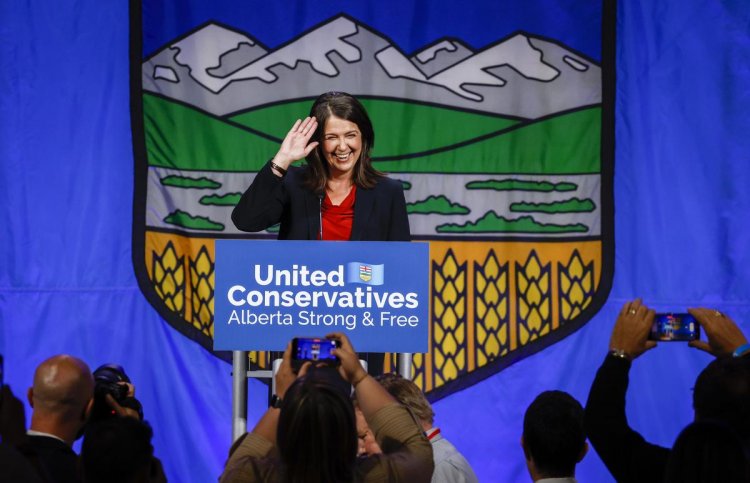

CALGARY—After five months of public sparring gave way to a tense six-ballot showdown that determined Danielle Smith will be the next premier of Alberta, Brian Jean, one of the candidates she defeated, expressed some cautious optimism.
Standing in front of a long table of media who were typing frantically to get out the news, he expressed hope that Smith might be able to knit the party back together again, but focusing on those things that “bring us together.”
The United Conservatives, who have been defined arguably as much by their lack of unity since the party’s founding in 2019, chose a new leader Thursday night, months after the embattled Jason Kenney announced he was stepping down following a lukewarm result in a leadership review. Now, one of his biggest critics will take up his unaccomplished task, and try to get the governing party to work together once more.
Smith is a markedly different flavour of conservative than Kenney. A former leader of a grassroots rightwing party known as the Wildrose, she is described more as a libertarian, and has questioned pandemic public health measures, touted questionable science and taken aim at the bureaucracy.
Her political identity rests on raging against Ottawa and championing the fringe voices she says go unheard. The question now, can she get the mainstream on board?
Jean, another longtime Kenney rival, was pressed by a reporter about some of her more controversial promises — namely the proposed Sovereignty Act, which Smith says would allow the province to ignore federal laws deemed un-Albertan — which was criticized not only by most of her opponents, but by Kenney himself, who called it “dangerous” and “half-baked.”
But Jean seemed unconcerned: “Have you ever seen a leadership race that didn’t water down afterwards?”
The remark speaks to what has long been an assumption about political campaigns; that candidates play up their ideological side when vying for a job as party leader, only to soften their tone in hopes of enticing more middle-of-the-road voters when it comes time for a general election.
If there’s an argument for Smith doing so, it’s that, party win aside, the average Albertan may remain skeptical of her politics. Calgary pollster Janet Brown has said that Smith and other leadership candidates’ intense focus on freedom and sovereignty has been alienating to the average person, who is more worried about things like inflation and health care.
“This leadership race, I think, is probably doing some serious damage to the UCP brand,” she said in an interview with Global’s The West Block earlier this month.
Nor was Smith’s victory a slam dunk, suggesting that her support even within her own party isn’t overwhelming. Smith’s win has drawn comparisons to that of Pierre Poilievre, but her victory fell short of the decisive mandate — with 68 per cent support — that the newly minted federal leader got last month.
She got 41 per cent on the first ballot and ended up eventually with just 54 per cent of the votes, but in a ranked ballot system in which losing candidates were progressively knocked off and their votes redistributed to others, it took six ballots to get her there.
While the rules for choosing and reviewing leaders are different, many observers have pointed out that Kenney stepped down when he got just a few percentage points less in a leadership review.
“I don’t think that the rest of the country should assume that Danielle Smith stands in for mainstream or centrist opinion in Alberta,” says Laurie Adkin, a political science professor at the University of Alberta. Adkin points out that Smith has yet to pass the test of a general election.
“Whether or not she will be able to get a majority in an election next year I think has to do with the extent to which she’s able to persuade centrist voters that she’s not as extreme as she is.”
But political parties have become a little bit more ideologically strident in recent years, as least as far as their leaders are concerned, and are less likely to tolerate pivots, says Duane Bratt, a political scientist at Calgary’s Mount Royal University. He points to Erin O’Toole, who many felt tried to push the federal Conservatives closer to the centre after becoming leader, and was soon ousted from the job.
More broadly, Poilievre’s win and subsequent strategy have raised questions about the wisdom of Conservative parties courting the centrist vote at all. Last month, longtime Conservative staffer Mitch Heimpel wrote a peace for The Line, headlined simply, “I was wrong. Moderates won’t vote for us.”
On a personal level, Smith knows all too well the cost of betraying your core supporters, Bratt points out.
Back in 2014, Smith was the leader of the right-wing Wildrose — which came close to winning power under her leadership — when she shocked the province by crossing the floor to join the ruling Progressive Conservatives. The move came just months before the party’s historic loss after four decades in power, and sent her into political exile.
“She basically went on an apology tour for seven years,” he says. “And that’s one of the reasons that she won. How could she then say, ‘oh yeah, all the stuff I ramped up with the anger? Just kidding!’”
Put another way, Bratt points to a favourite quote of former prime minister Brian Mulroney: “You dance with the one who brung ya.”
There are some, however, who saw signs of a softening in Smith’s remarks Thursday night.
Her speech, delivered to an excited crowd in a convention hall in downtown Calgary, started with her greatest hits. She condemned “virtue-signalling prime ministers” who would landlock Alberta’s resources and, in a nod to vaccine opponents, stressed that “we will not be told what we must put in our bodies,” a declaration that drew cheers from the crowd.
But University of Calgary political scientist Lisa Young points to a shift that came later in the speech, when Smith spoke of having to be more than just a party of low taxes and growth but of “heart and compassion that matches the size of our mountains.”
Smith spoke of the need to care for seniors and improve health care and education. While her critics question whether she has the policy chops to meaningfully address these issues, her emphasis on compassion is a shift, Young says.
“One of the weaknesses of the Kenney government was that it exuded a lack of compassion, both in terms of its policies, but also its tone,” which may have eroded its support, particularly among women, Young said in an email.
If Smith were to reverse some of the more unpopular moves from the Kenney government, such as by boosting payments to people with disabilities or turning down the temperature on conversations with doctors and nurses, she might start catching the ear of more people, Young says.
“I think she could win back ‘soccer moms’ who don’t care much about the Sovereignty Act, but are upset about the 35 kids in the kindergarten class.”
With an election expected just seven months from now, much will depend on the makeup of Smith’s cabinet and how far she is willing to go with some of her more controversial proposals.
But anyone eager to see what a Smith premiership will bring won’t have to wait long. She is to be sworn in on Tuesday.
Alex Boyd is a Calgary-based reporter for the Star. Follow her on Twitter: @alex_n_boyd










